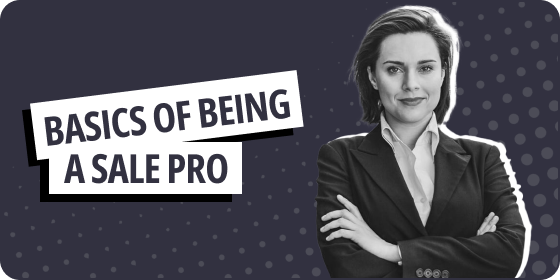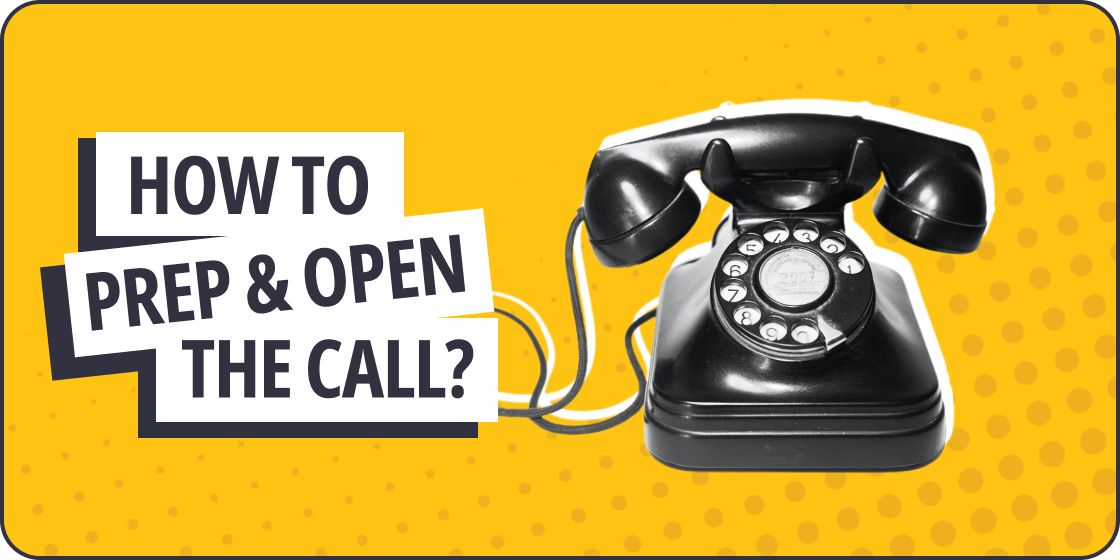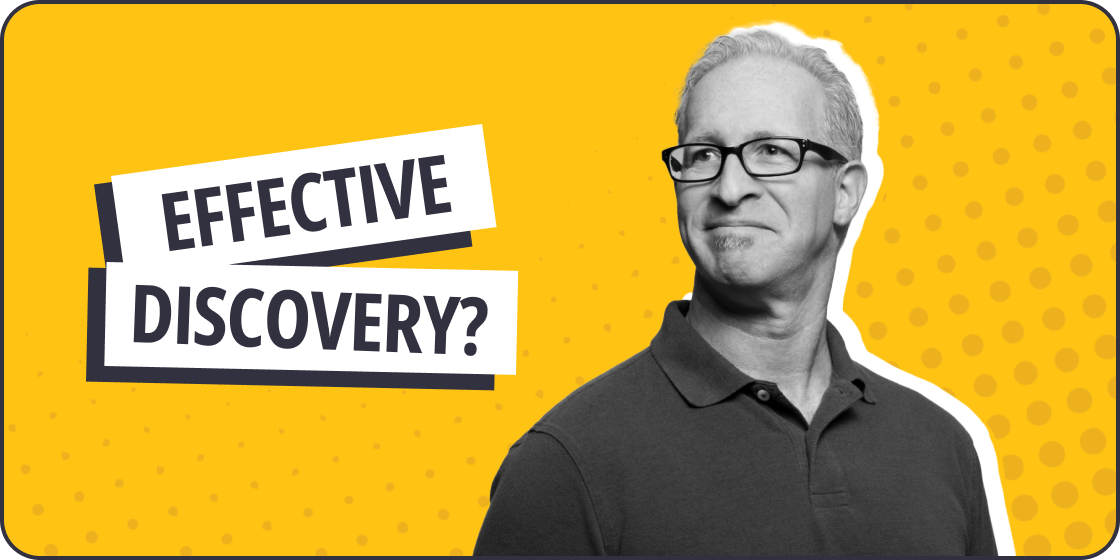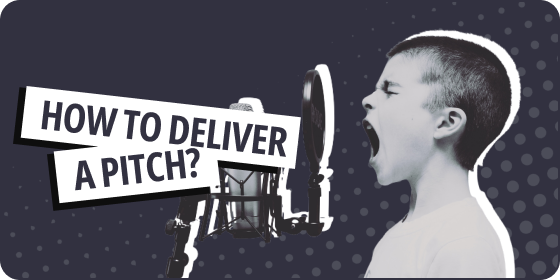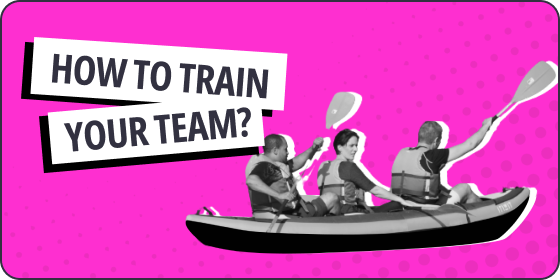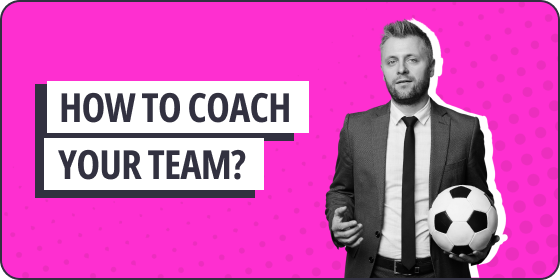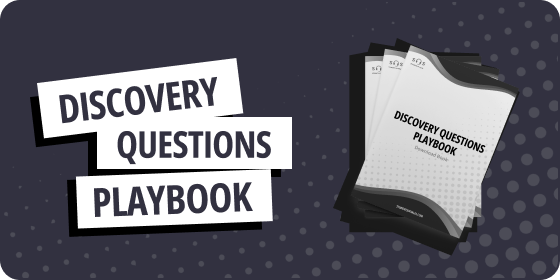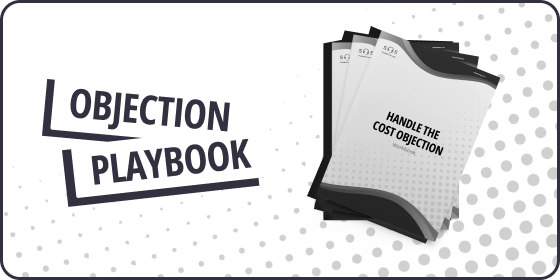The Importance of understanding the “Psychology of Sales”

Do you ever notice the exact moment when you have won over that prospect? On the other hand, have you ever noticed the exact moment when you clearly lost them? Psychology plays such a huge role in how we sell, and the overall outcome. Do you truly understand what is pulling your prospects toward the sale? Or alternatively, what’s turning them off? There’s a psychological term named ‘Reactance’ that you truly need to understand to be a successful salesperson. Once you know what this is, you then need to live by the 7 Phycological Sales Techniques.
Before you understand ‘Reactance’, you need to understand one of the big secrets in sales – It’s much easier to ‘help someone buy’ than it is to ‘sell to them’. Read that last sentence again. Imagine a world of no more high-pressure tactics or hard closing. Imagine a world where you ask the right questions, push the right psychological buttons, and the Prospect walks right into the ‘yes’. To make this happen, there’s a psychological term called ‘Reactance’ you need to truly understand. ‘Reactance’ is an unpleasant motivational reaction to offers, persons, rules, or regulations that threaten or eliminate specific behavioral freedoms. Reactance occurs when an individual feels that someone (you the salesperson) is attempting to limit one’s choice of response and/or range of alternatives.
Now that we know this, what are the 7 Psychological Sales Techniques to master the psychology of selling:
- You need to have an ‘Equal Business Status’. This means that neither you nor the person you are selling to has any seniority over the other person, you are both equals. Never use any submissive or soft language, forget that you are a seller, and they are a buyer, it’s much better to think of yourself as a CEO. What would your CEO sound like when selling your product/service? That’s what you need to sound like.
- Drop the enthusiasm and all the high energy. It’s not needed. You need to position yourself as an ‘expert in your field’, not the ‘ShamWow guy’. Your communication style should be completely objective, especially until you know more about their business. Imagine walking into your doctor’s office and they give you a big cheesy greeting, and then telling you they are really excited to learn more about your health problems, it doesn’t work. If you’re an objective expert, they are much more likely to take your advice.
- Use Disarming Honesty – Imagine a selling experience where within the first few minutes, you say to your Prospect “you are not sure if your product/service is a good fit for them, but by the end of the meeting you will both be in a much better position to know the answer to that question”. Or potentially agree at the start of the meeting, that if either one of you decides that your product/service is not a good fit, you will let the other person know. Give them something that ‘disarms’ them from thinking your only agenda is to make a sale, but instead it’s to learn more about them, and if your product/service is a good fit. This is a huge psychological move to gain trust.
- Do not pitch your product/service until you have identified their problems/pain. Learn about their business upfront, before you even mention the benefits of what you are selling. Ask them questions, listen to their answers, and walk a mile in their shoes, only at this point can you start to understand how you can help them. They get ‘pitched’ all the time, but it’s extremely rare when a person wants to understand their business/problems. Think of your doctor again, when you walk into their office, do they start prescribing you medication straight away, or do they ask you a bunch of questions first? Would you take medication from a doctor who knew nothing about what pain you had? You wouldn’t. This is how you position yourself as an expert, and how you build trust with your prospect.
- Make it 50/50 in terms of communication, you should not be doing most of the talking. Especially at the beginning, they should be doing much more talking than you as they tell you about their business. If you have a meeting where you’re doing 80% of the talking, I can promise you it was not a good call for your Prospect, and it will hurt you down the line. When the prospect feels like you’re doing all the talking, they don’t feel like they are being heard. A great meeting is always 50/50 in terms of who does the talking.
- Ask effective psychological questions which will ultimately lead to the Prospect selling themselves. Instead of asking poorly prepared Yes/No questions, you need to design a list of 8-10 highly strategic and effective questions, which will impact the psychology of the buyer. Good examples of this would be:
- How long has this been a problem?
- How widely felt is this pain inside your whole organization?
- If you could change XYZ, what would that look like?
- How is what we have just reviewed (your product/service) different than what you do today?
- How would it impact your business if we could solve XYZ’s problem?
Asking the right questions will help the Prospect talk more about their own pain, so you don’t have to. Imagine the questions you ask not only help the Prospect describe their own pain, but it also helps them twist the knife. Instead of pulling teeth to win a sale, it should be about you asking the right effective psychological questions, so they are selling themselves the entire time. It’s about creating an ‘internal moment’ for the prospect, and this is the moment where they come to the realization themselves, that your product/service solves a problem they have, and they convinced themselves of that fact.
- Money doesn’t matter to you. You must come across as financially independent. You don’t need their business; you’ll be completely fine without it. Again, imagine your CEO in the meeting, how would he/she sound? Would they sound desperate to win the business? Or again imagine your doctor being incentivized by the prescription drug they offer you. That would not sound good. To come across as an expert, you need to sound like you don’t need their business or the commission check it brings you. You need to remain objective, it’s always about solving their problem, and never about the money that comes off the back of this for you or your business. If you find yourself discounting the price to win the business, I can guarantee you that you have gone about your sales process incorrectly. They should be ripping your arm off based on the pain you have found. If this isn’t the case, you need to really look at your 8-10 highly effective psychological questions.







